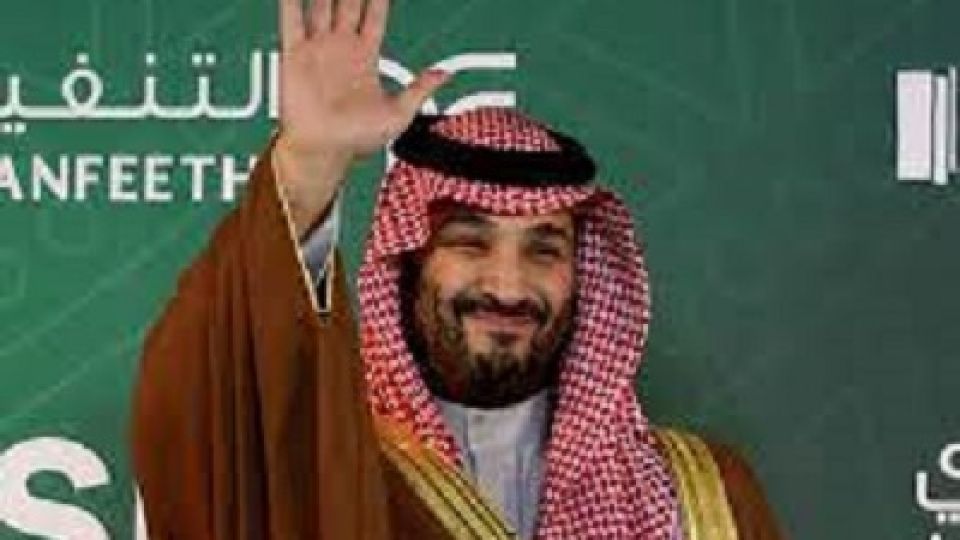by SAVIOUS KWINIKA
Editor-In-Chief
JOHANNESBURG, (CAJ News) – THE expansion of the Brazil, Russia, India, China and South Africa (BRICS) bloc is an economic masterstroke that politically, brings together old foes into the fold.
At the conclusion of the 15th summit of the grouping in South Africa, it was announced Argentina, Egypt, Ethiopia, Iran, Saudi Arabia, and the United Arab Emirates (UAE) will join as full members, effective January 1, 2024.
The six are not only part of the 20 countries that formally applied to join BRICS.
Some among them have long running diplomatic tiffs; it remains to be seen how these relations will pan out into a bloc that prides itself in fostering an environment of peace and development.
This was reiterated at the conclusion of the BRICS Summit, held in Johannesburg, South Africa on Thursday when the leaders expressed concern about ongoing conflicts in many parts of the world.
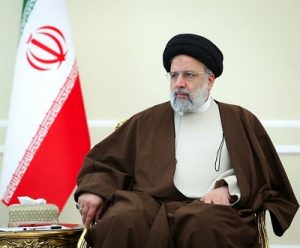
Iran President Ebrahim Raisi
With the six above mentioned countries to officially assume membership next year, some of these fallouts are right under the noses of the BRICS leaders.
Among these are the shaky and unpredictable relations between Middle East neighbours Iran and UAE.
It is arguably the most complex of the relations between any two of the new entrants in the BRICS.
They reached a new low in 2020 following the Israel–UAE normalization of relations, which Iran denounced as shameful and strategic stupidity by the UAE.
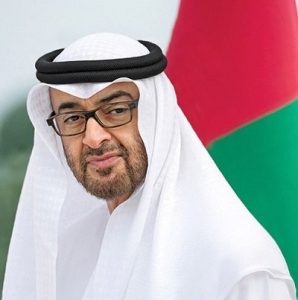
United Arab Emirates president, Mohammed bin Zayed Al Nahyan
This culminated in UAE’s summoning Israel’s top envoy and reprimanded the neighbouring country’s “unacceptable and inflammatory” response.
Apart from this war of words, ties between the two countries have been characterised in recent years by tensions over some islands in the Persian Gulf as well as the UAE allowing France to open its first military base in the region and the signing of a nuclear deal between the Emirates and French.
Compounding the fallout, Iran has previously claimed a collaboration between the two fellow new BRICS counterparts- Saudi Arabia and UAE to destabilise Teheran.
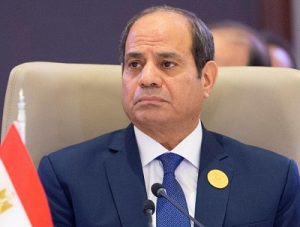
Egypt President Abdel Fattah El-Sisi
Diplomatic ties that began in 1927 between Egypt and Ethiopia are said to be the oldest on the African continent.
However, disputes are as old as the relations, particularly over water resources.
These have been over the Nile, the longest river in Africa.
Egypt’s and Ethiopia’s differences are over the multibillion dollar Grand Ethiopian Renaissance Dam, the largest such facility in the continent.
It has been under construction since 2011.
Egypt opposes the dam, which it believes will reduce the amount of water available from the Nile. Ethiopia is adamant and believes the project will transform its power generation needs.
Negotiations between the United States of America (USA), and later, President Cyril Ramaphosa of South Africa have not yielded a breakthrough, but the two countries in conflict are confident or reaching a resolution this year.
Coincidentally, Ramaphosa announced the expansion of the BRICS on Thursday.
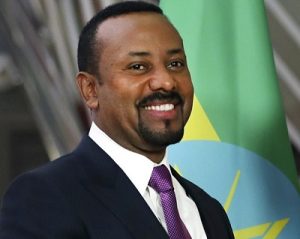
Ethiopia Prime Minister, Abiy Ahmed
In South Africa, the expansion of the BRICS has been of concern to the main opposition Democratic Alliance (DA).
“While only three of BRICS’ five member states can currently be considered free democracies, namely South Africa, India, and Brazil, the addition of two new member states run by authoritarian regimes with concerning totalitarian tendencies may tip the scales in favour of an illiberal, oppressive, and autocratic approach to foreign relations and trade,” said Emma Louise Powell, DA Shadow Minister of International Relations and Cooperation.
Meanwhile, relations between new BRICS entrant Argentine and founding member as well as South American neighbour Brazil have suffered strain in recent years.
The two administrations have feuded over ideological differences between erstwhile Brazil’s left-wing president, Jar Bolsonaro, and left-wing wing Alberto Fernández-Cristina Kirchner administration of Argentina.
Ties have improved following Brazil’s election of Lula da Silva in its 2022 general election, which could spell good news ahead of their joining BRICS.
Then there is the territorial dispute between old members China and India. These have fallen out over Aksai Chin, which is administered by China, and Arunachal Pradesh, which is administered by India.
So severe are the relations at times that in 2020 a clash at the border between troops of the two countries left a number of soldiers from both sides dead.
Both governments have committed to bilateral mechanisms to solve border disputes diplomatically.
Disputes aside, BRICS leaders have welcomed the expansion of the bloc.
“This will also strengthen the belief of many countries of the world in a multi-polar world order,” said Indian Prime Minister, Narendra Modi.
Da Silva noted that BRICS’ Gross Domestic Product (GDP) will now shoot up to 37 percent of the world’s GDP in terms of purchasing power and 47 percent of the global population.
“BRICS will continue to be open to new members,” the Brazilian president said.
President Xi Jinping of China projected a bright future for the bloc.
“As long as we work with a common purpose there’s a lot that BRICS cooperation can achieve and the future will be bright for BRICS countries,” he said.
China is the largest economy in the bloc, and second largest in the world.
– CAJ News

